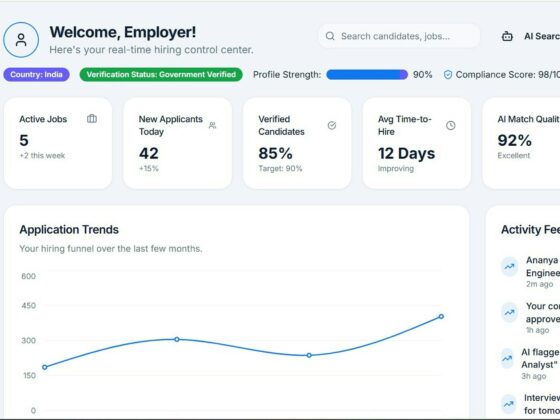
Hotels are under mounting pressure to modernize in an era where guests expect frictionless travel experiences. Yet despite hospitality’s appetite for innovation, many promising technologies stall — not from lack of demand, but because the systems powering hotel operations simply don’t connect.
Mobile keys that fail or loyalty points that don’t post aren’t the core issue. They’re the visible cracks in a much deeper fault line: an industry that still treats system integration as a side project rather than the backbone of its business infrastructure.
Disconnected by Design: How Hotel Systems Became a Barrier
The average hotel depends on 20 systems to run daily operations, with some brands exceeding 50 integration points depending on complexity. From PMS and POS to booking engines and loyalty platforms, the tech stack spans dozens of systems, and many were built in silos, selected by different stakeholders at different times, and implemented without a shared data foundation.
In industries like healthcare and finance, core platforms have evolved toward centralized, interoperable systems. Hospitality, by contrast, remains deeply fragmented. Many hotel systems were built as standalone, on-premise tools that were never designed for enterprise scale or multi-property coordination. And as more clouds and mobile tools emerged, core infrastructure hasn’t kept up.
Tech vendors have only compounded the issue by building closed, proprietary systems that restrict access to integrations and increase costs. By limiting interoperability, vendors maintain control over customer data, lock clients into their ecosystems, and monetize access through expensive APIs or custom development fees. Many providers have forced hotels to rely on manual workarounds to connect their tech, limiting the ability for hotels to build flexible, future-ready tech stacks for their specific needs.
Solving for Symptoms, Not the Causes
The real issue is systemic: a weak or nonexistent integration layer. This reactive approach turns integration into an isolated IT task that’s often scoped too late, dependent on multiple vendors building one-to-one connections, each with their own priorities, assigned to the wrong teams, and ultimately disconnected from business goals.
The smarter approach is to make integration planning an extension of business strategy, starting with clear objectives:
- What are we trying to achieve?
- What guest experience are we aiming to deliver?
- What operational outcome are we targeting?
- What data is required?
- Where does the data live?
When integration is driven by these answers, it becomes a lever for growth that involves the right decision-makers early and ensures technology delivers measurable results.
When Systems Break, So Does the Guest Experience
Guests don’t see disconnected systems, but they feel the effects. A loyalty member whose points don’t appear is less likely to rebook. A traveler who has to return to the front desk because their mobile key failed will remember the hassle more than the view from the room.
These aren’t just technical issues, they’re brand failures.
Staff feel the burden too. When systems don’t sync, teams fall back on spreadsheets, email chains, and manual workarounds, driving up costs and slowing service. With rising operational pressures, these inefficiencies cut deeper than ever.
And yet, the biggest barrier to adopting automation and AI tools that could ease the load overworked teams are feeling comes back to integration complexity.
This is why it’s time to rethink integration as more than just plumbing. A modern integration strategy becomes the engine for real-time insights, intelligent automation, and personalized engagement. Smart integration layers don’t just connect systems; they translate and contextualize data to enable:
- Real-time service recovery when something goes wrong
- Dynamic pricing and revenue optimization
- Personalized upsell offers based on preferences and behavior
- Predictive staffing and maintenance to reduce downtime
Integration done right doesn’t just solve for today. It sets the stage for scalable, adaptable innovation. But that only happens when integration is treated as shared infrastructure, not a patchwork fix.
The Path Forward: Collaboration Over Patchwork
Fixing this issue can’t be left to individual brands or property-level teams. The industry as a whole must adopt a new mindset: integration as infrastructure that’s built on shared standards, open platforms, and a collaborative approach between vendors, hoteliers, and industry organizations.
When hotels define the outcomes they want to achieve, whether improving guest satisfaction, driving loyalty, or reducing operating costs, those goals should shape their technology strategy, not the other way around.
The next wave of hospitality innovation won’t be defined by the newest app or the flashiest feature. It will be defined by the hotels that can make every system work together to deliver something greater than the sum of its parts.
Jeff Bzdawka is the president of Hapi. Bzdawka is a C-suite executive with more than 30 years in hospitality technology and excels in innovation, team scaling and organizational transformation. His leadership roles include CEO of Knowland, SVP at Hyatt Hotels, and COO of TravelClick, with a board position at Evention. Bzdawka is also a recent inductee into HFTP’s Technology Hall of Fame.








